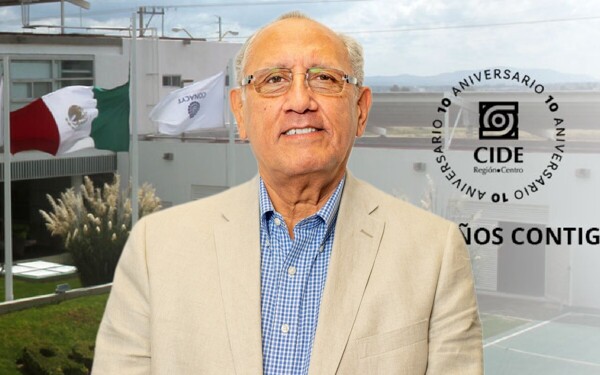
For a behavior to be punished by law, it is not enough for there to be a social or legal need; a political strategy is required to convince lawmakers and overcome the resistance of various power groups. Criminal law punishes the most serious offenses to society: these are violations that affect public order and represent offenses against the State. Among the criminal offenses, we find homicide, robbery, fraud, among others.
In practice, punishment is governed by law, and if a behavior affects society, it must become a crime. In Mexico, there are different types of crimes, depending on their repercussions and the branches of law that regulate them. The assaults and robberies that Alex and his gang committed would be classified in that Code. However, for a behavior to be defined as a crime, it must go through political negotiations and lobbying in Congress.
There are also offenses in other areas of law, such as family, civil, commercial, administrative, tax, labor, and more. In Mexico, for something to be considered a crime and have a sanction in the law, it must be described in the Penal Code. In that sense, if a social group seeks to have an act recognized as a crime in the Penal Code, it is not enough to point out the need to sanction it: it is essential to generate collective support, make the demand visible in the media, and, above all, have a legislator who not only promotes the initiative but also has the capacity to negotiate and convince their peers to achieve its approval.
In the fiction of 'A Clockwork Orange,' the government acknowledges its error and reverses the punishment. The order of a society depends on punishments. Furthermore, external interests, such as those of companies, religious groups, or sectors of government, can exert pressure to stop or modify proposals before they become law. All this shows that the definition of crimes is also a deeply political issue. This is called typification, and it basically means that the law explains what action or omission is illegal and what punishment corresponds to it.
In reality, many changes happen thanks to organized citizens and the social pressure they exert. This process needs votes and for lawmakers to be willing to support proposals coming from opposing parties, even if they agree with the essence of the initiative. Just as it should happen in reality. In prison, Alex undergoes the Ludovico Technique, a government experiment – and therefore defined by a power group – which consists of brainwashing, in which he is forced to watch images of violence while being administered a drug that induces an extreme sensation of nausea and anguish.
As a result, the inmate develops a reflex that incapacitates him from committing any aggression in the future, as he immediately suffers an unbearable physical reaction. Although the Treatment applied to Alex is a trial of a fictitious and completely hypothetical government, the author of this novel, Anthony Burgess, exposes how punishment is used as a tool to reform criminals and maintain order. In Burgess's story, it would have been precisely a power group that decided to implement the Ludovico Technique, imposing its vision on the control and re-education of individuals.
For a crime to be included in legislation, it is necessary to present an initiative to Congress and achieve majority approval from lawmakers. Alex and the Ludovico Technique he receives from the government make this very clear. As the protagonist of 'A Clockwork Orange,' this young delinquent leads a gang with which he commits acts of extreme violence until he is arrested and convicted.














